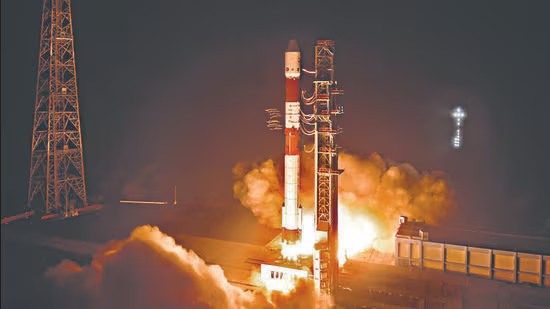India has postponed its highly anticipated space docking experiment by a few days, citing the need for additional validation before proceeding with the critical mission. The experiment was initially scheduled for Tuesday morning, and its delay is seen as a necessary step to ensure the technology is fully tested.
India’s space agency, ISRO, announced that the docking process required further validation through ground simulations following the identification of an abort scenario. The agency did not provide further details but emphasized the importance of this extra step.
This mission, a significant milestone in space exploration, would have made India the fourth country in the world to successfully complete such a docking feat. The technology behind this experiment is essential for the future of satellite servicing, space station operations, and interplanetary missions.
The mission was launched on December 30 from India’s main spaceport. Along with the docking experiment, the mission also carried out various payloads and experiments, including the launch of eight cowpea seeds to study plant growth in microgravity conditions. These seeds germinated and sprouted leaves in space, offering valuable insights into biological processes in space environments.
India’s successful completion of this experiment will be a crucial step in advancing its capabilities for future deep space exploratory missions, positioning the country as a significant player in the commercial and exploratory frontiers of space.
Key Points:
- India has delayed its space docking experiment for further validation.
- ISRO cited an abort scenario requiring additional testing before the experiment can proceed.
- This mission aims to make India the fourth country to achieve successful space docking.
- The experiment is critical for satellite servicing, space station operations, and interplanetary missions.
- The mission also included biological experiments such as cowpea seeds to study microgravity effects on plant growth.







